Apple avoided paying billions in tax says US report
Senate sub-committee accuses tech giant of seeking 'the Holy Grail of tax avoidance'
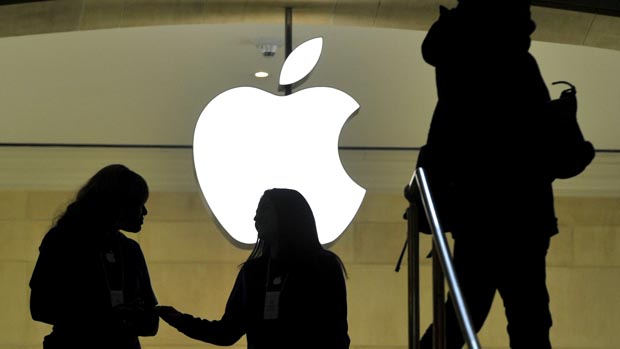
A free daily email with the biggest news stories of the day – and the best features from TheWeek.com
You are now subscribed
Your newsletter sign-up was successful
APPLE is avoiding billions of dollars in taxes through a "complex web of offshore entities", according to a report by a US Senate sub-committee.
The Senate's permanent sub-committee on investigations said Apple had "sought the Holy Grail of tax avoidance", labelling the tech giant one of America’s biggest tax avoiders, The Times notes.
While there is no indication Apple has done anything illegal, the sub-committee said the company’s elaborate loopholes allowed it to save US tax on $44 billion in "otherwise taxable offshore income" over the past four years. Under the complex arrangement the company uses three subsidiaries.
The Week
Escape your echo chamber. Get the facts behind the news, plus analysis from multiple perspectives.

Sign up for The Week's Free Newsletters
From our morning news briefing to a weekly Good News Newsletter, get the best of The Week delivered directly to your inbox.
From our morning news briefing to a weekly Good News Newsletter, get the best of The Week delivered directly to your inbox.
One source on the committee told The Guardian they were "iCompanies – i for imaginary, invisible".
Senator Carl Levin, the sub-committee’s chairman, alleged Apple "created offshore entities holding tens of billions of dollars, while claiming to be tax resident nowhere".
However Apple said its Ireland subsidiary Apple Operations International does not reduce its US tax liability, adding that it paid an "extraordinary" amount of tax in the US. The company’s CEO Tim Cook said the company "does not hold money on a Caribbean island, and it does not have a bank account in the Cayman Islands".
The allegations come amid increasing political pressure over tax avoidance. Both Google and Amazon have attracted attention in Britain over their tax arrangements. As the BBC’s business editor Robert Peston notes, the allegations are "part of a broad trend of multinationals paying a much smaller proportion of public-sector costs in all the world's developed economies".
A free daily email with the biggest news stories of the day – and the best features from TheWeek.com
He went on: "In the US, for example, corporate tax generated 32.1 per cent of all federal taxes in 1952. Today that proportion has fallen to a puny 8.9 per cent."
Corporate tax avoidance subject will be on the agenda at the G8 economic summit next month, chaired by George Osborne and David Cameron, while Labour leader Ed Miliband has also vowed to tackle it.
-
 Political cartoons for February 16
Political cartoons for February 16Cartoons Monday’s political cartoons include President's Day, a valentine from the Epstein files, and more
-
 Regent Hong Kong: a tranquil haven with a prime waterfront spot
Regent Hong Kong: a tranquil haven with a prime waterfront spotThe Week Recommends The trendy hotel recently underwent an extensive two-year revamp
-
 The problem with diagnosing profound autism
The problem with diagnosing profound autismThe Explainer Experts are reconsidering the idea of autism as a spectrum, which could impact diagnoses and policy making for the condition
-
 Is the job market frozen or faltering?
Is the job market frozen or faltering?Today's Big Question Layoffs raise alarms while young workers eye law school
-
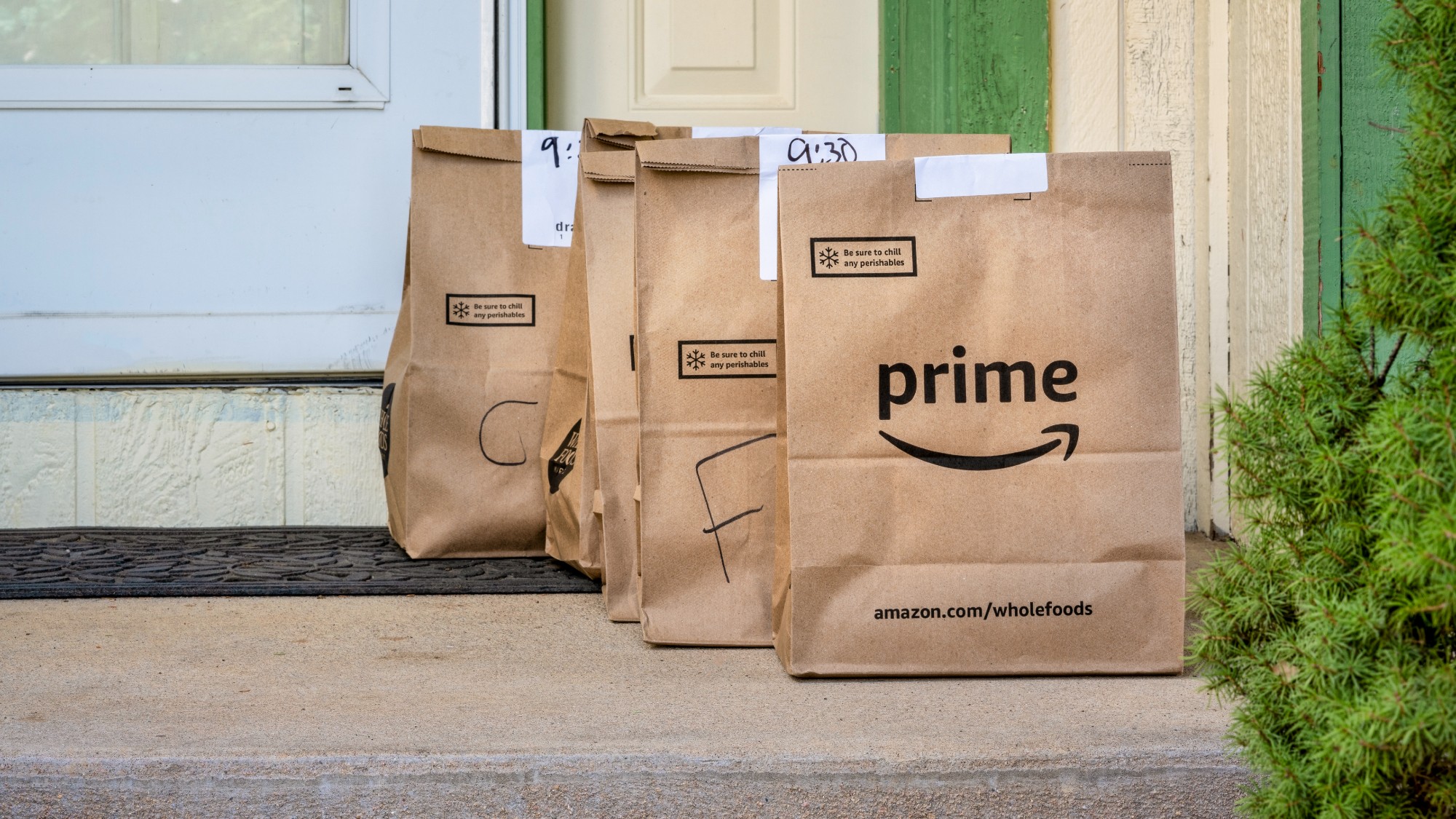 Is Amazon about to take over the grocery business?
Is Amazon about to take over the grocery business?Today's Big Question Expanded delivery will present a challenge to Walmart and Kroger
-
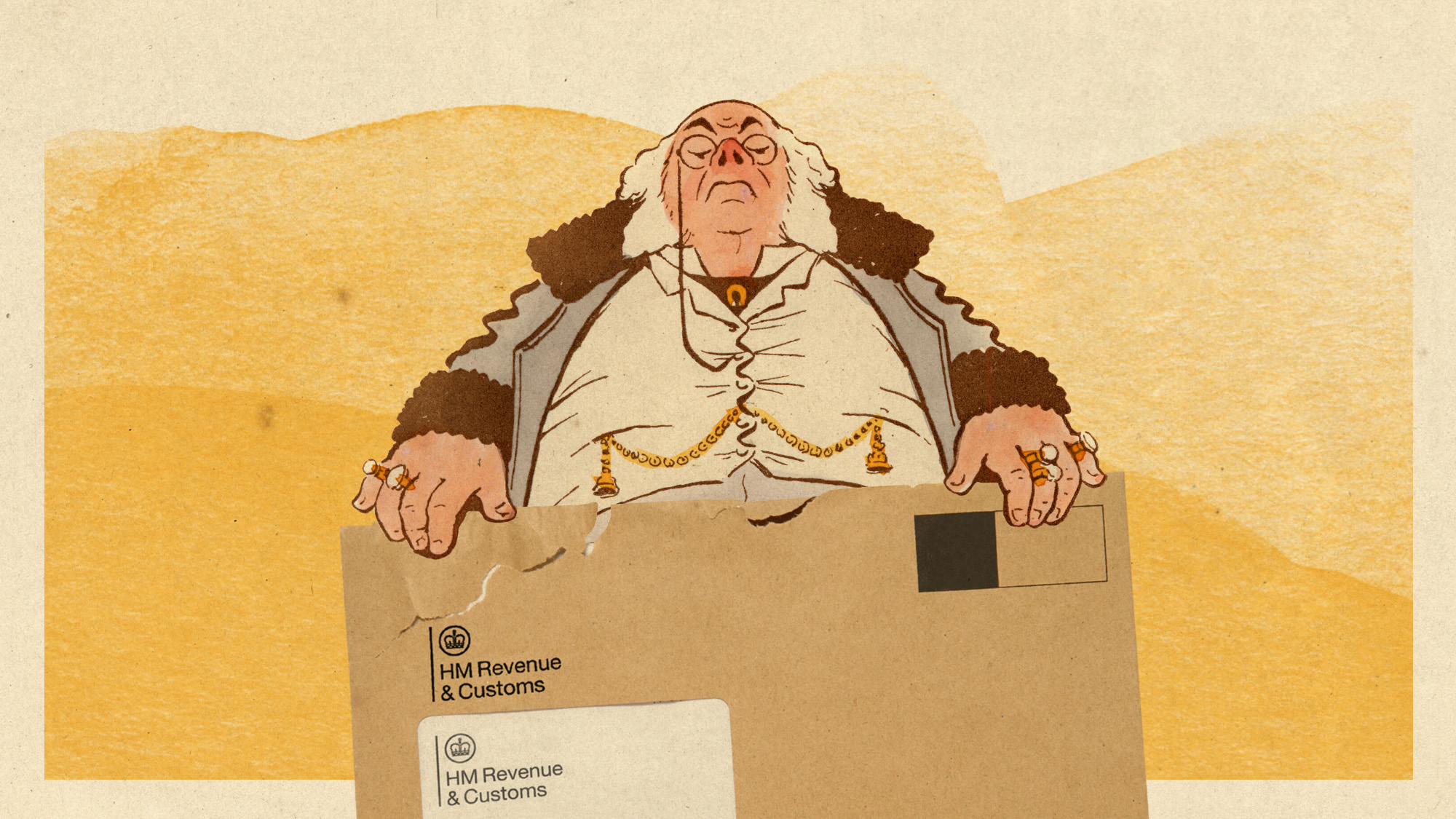 Pros and cons of a wealth tax
Pros and cons of a wealth taxPros and Cons Raising revenue and tackling inequality vs. the risk of capital flight and reduced competitiveness
-
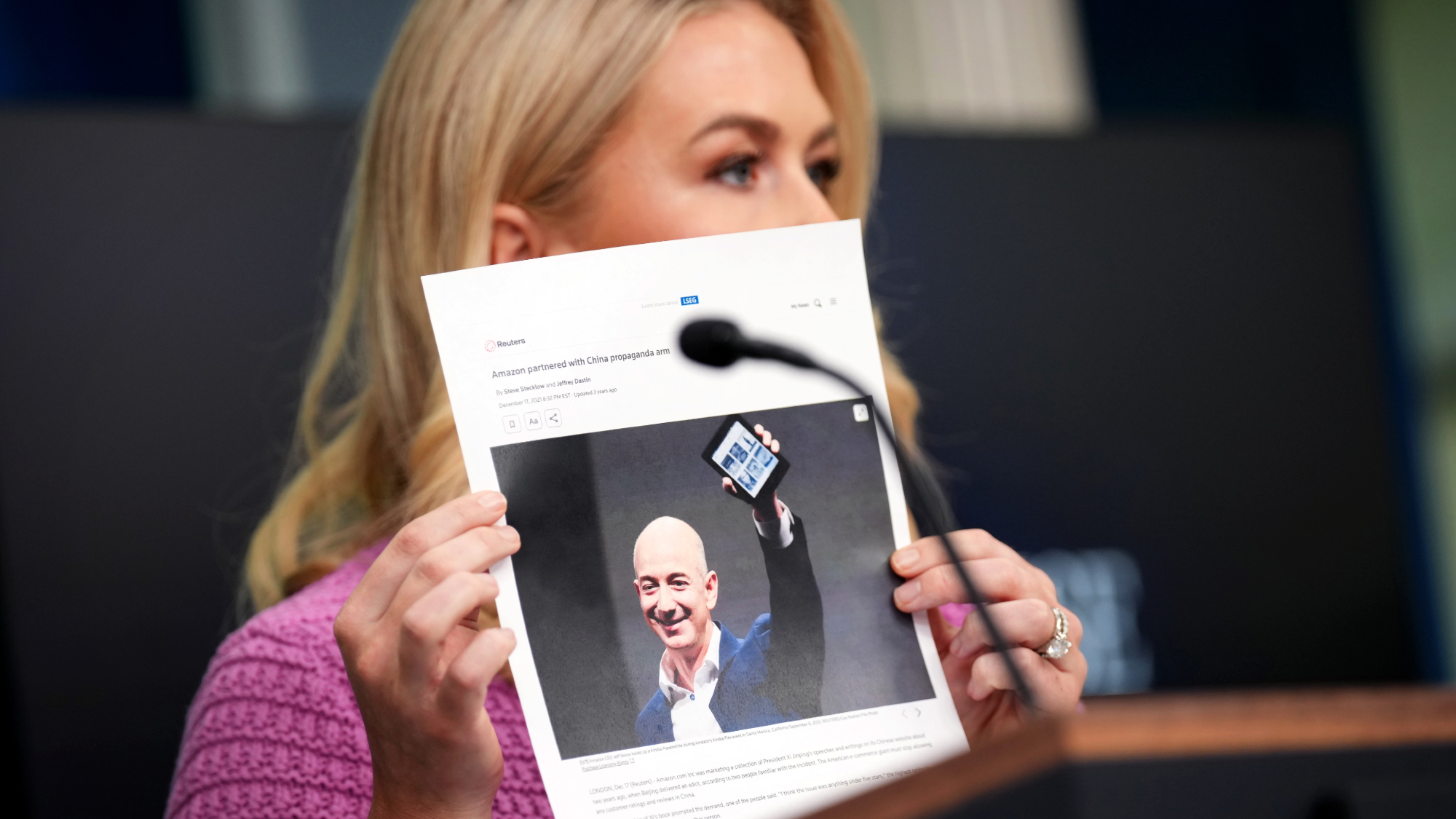 Trump calls Amazon's Bezos over tariff display
Trump calls Amazon's Bezos over tariff displaySpeed Read The president was not happy with reports that Amazon would list the added cost from tariffs alongside product prices
-
 What's Jeff Bezos' net worth?
What's Jeff Bezos' net worth?In Depth The Amazon tycoon and third richest person in the world made his fortune pioneering online retail
-
 Amazon's 'James Bond' deal could mean a new future for 007
Amazon's 'James Bond' deal could mean a new future for 007In the Spotlight The franchise was previously owned by the Broccoli family
-
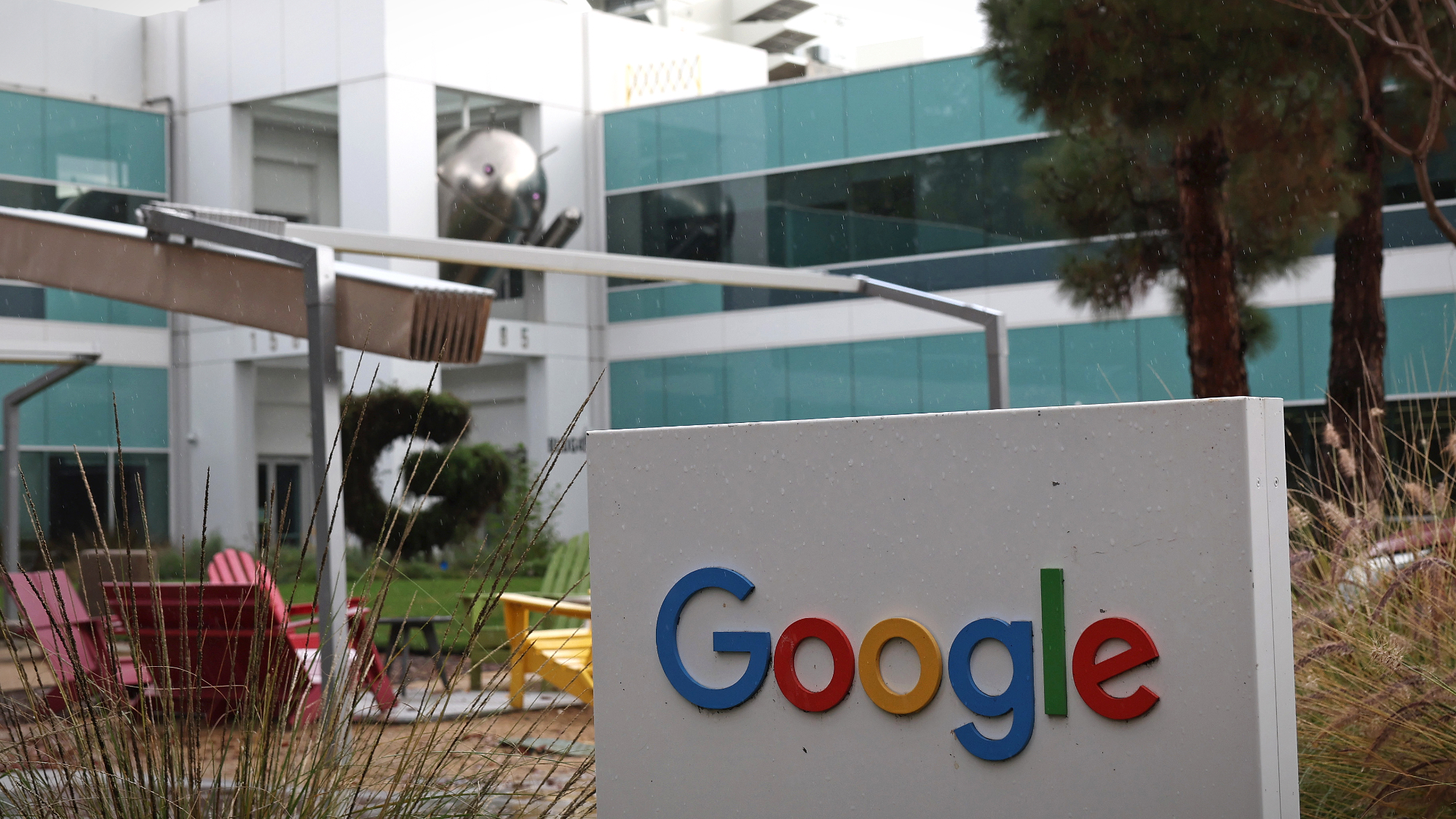 Google loses antitrust suit, declared 'monopolist'
Google loses antitrust suit, declared 'monopolist'Speed Read A federal court has ruled that Google illegally dominated the internet search industry
-
 Britain's new retail returns nightmare
Britain's new retail returns nightmareIn the Spotlight Gen Z influencers and a 'poopy diaper' have shown up fault-lines in the system